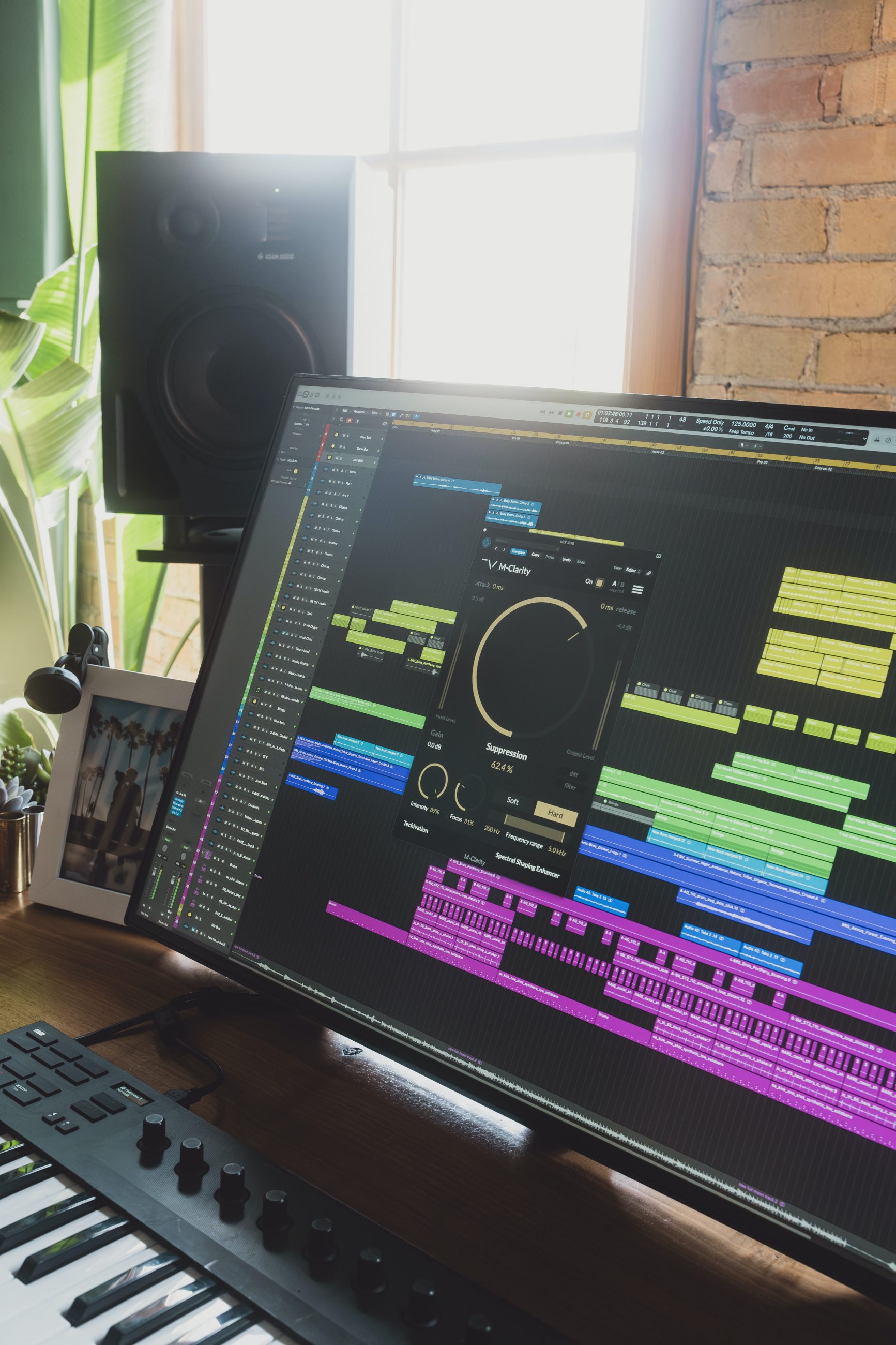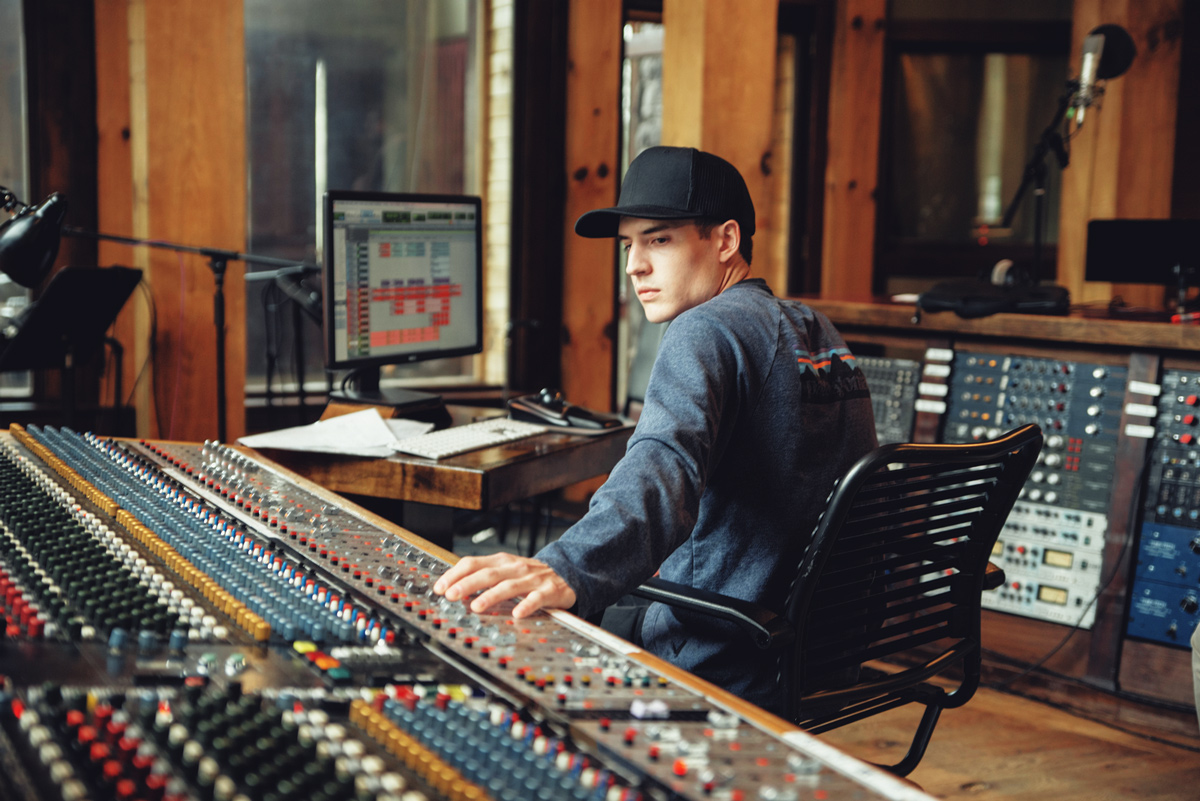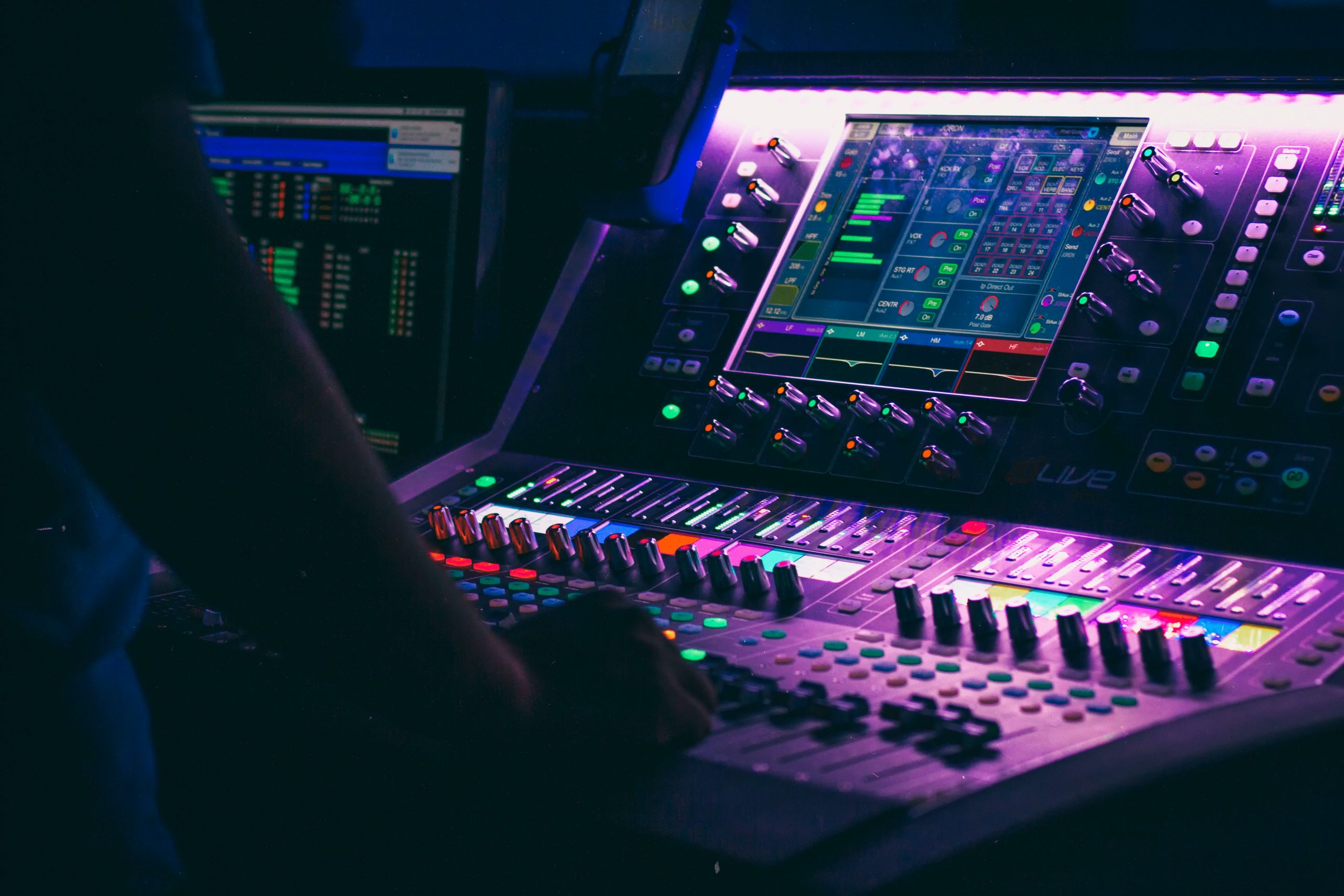What Is Audio Mixing?: A Beginner’s Ultimate Guide To Mixing In Music
What is Mixing?
If you’re one of those wannabe bedroom producers looking to take over the world with your lo-fi beats, you’ve probably come across the terms audio mixing and mastering. But what exactly do they mean?

The Basics
Essentially, mixing is the process of analysing the recorded multi-tracks (i.e. a project with more than one track in it) individually, and blending them by adjusting audio levels, adding some smooth effects, and compressing/equalising them. This all leads to what is referred to as the overall mix (the product of the combined multi-tracks).
It’s important to note that different audio mixing techniques exist for different music genres, and that modern mixing depends on the digital audio workstation or DAW of choice (think Protools, Logic, Ableton etc). Old-school music producers use analogue mixing consoles (a.k.a mixing desks). However, both of these workstations use the same principles to create a banging final mix that can then be passed on to the mastering engineer.
What is the difference between Mixing and Mastering?
So, what is the difference between audio mixing and mastering? If you’re asking this question, we can guarantee that you’re not the only one! Audio mixing and mastering often get confused, but they’re two distinct processes. During the mixing process, the mixing engineer takes your musical ideas, and uses various bits of studio wizardry to get everything sounding as good as it can.
The engineer uses nifty tools such as compression, EQ, reverb, delay, and panning to tighten the grooves, and ensure that each instrument holds its ground, and does not overpower the other. Furthermore, the engineer brings the key parts of the song forward to make sure that your tune reaches its full potential. Other elements, such as adding a drum sample to an organic drumbeat for an extra “oomph”, are also added at this stage.
When the mix is ready, it’s sent over to the mastering engineer, who, in turn, corrects certain elements such as overall playback volume, and quality. Mastering is especially essential if you’re releasing an EP or album, as the mastering engineer ensures that the whole project is balanced, and sounds cohesive.
How To Mix Music: 6 steps to mixing your own tunes
Choose a DAW
There are myriads of DAWs on the market. Make sure to pick one carefully, and to take certain things such as the user interface, and your style of music into consideration (some DAWs are popular with certain music genres than others). Learning the ins, and outs of your DAW is vital to reap all the benefits.
Check out the presets
Pre-sets, and templates can be super handy when you’re a rookie! Use these pre-sets to discover what you like, and don’t like, and to ultimately unearth your mix style.
Be organised
Naming, and colour-coding your tracks may seem obvious. However, many musicians who set out to mix their own tunes end up skipping this step, digging themselves in a deep hole of confusion.

Plan ahead
Get an early sense of where the mix should go before you start mixing. Yes – you heard that one right! Should the drums be punchy or super-processed? What’s the key instrument in the track? Asking all the right questions will save you a lot of time, and energy.
Use a bus
Picture a bus with a bunch of sounds instead of people. A bus is when you apply multiple effects to one track (known as the bus) that you can eventually use for all the tracks of the same instrument. E.g. a guitar bus allows you to drench all the guitar tracks in the same delay, and reverb, without having to start from scratch every time you’re working on a new guitar track.
Balance your levels, and pan and process that audio track
The first part is fairly straightforward: balancing is key to a good, final mix. Plan the panning beforehand, as it helps you control the width of the mix. The last step – processing – largely involves EQing, which refers to the acts of cutting, boosting, and balancing the different frequencies in a mix.
Final notes
Mixing should be an extension of the creative process. A good mixing engineer considers your wishes, and makes sure that your song still sounds like your song, just better. Being aware of the key differences between audio mixing and mastering enables you as the artist to work hand-in-hand with the mixing engineer, to, ultimately, create something truly magical.
Photo credit: Denisse Leon






